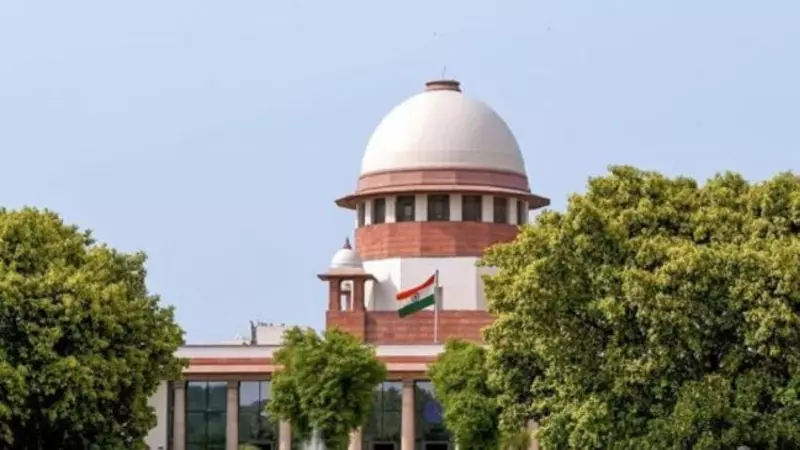
In a significant move to combat the rising menace of cybercrime, the Supreme Court of India has stepped up its efforts against the sophisticated 'digital arrest' scam that has been terrorizing citizens across the nation. The apex court has demanded comprehensive data from all states while actively considering a Central Bureau of Investigation (CBI)-led probe into these elaborate digital extortion schemes.
The Alarming Rise of Digital Kidnapping
The 'digital arrest' scam represents one of the most disturbing trends in modern cybercrime. Fraudsters posing as law enforcement officials contact victims through video calls, falsely accusing them of serious crimes. The scammers then subject their targets to what they term as 'digital arrest,' forcing them to remain on camera while demanding substantial ransom payments to avoid supposed legal consequences.
Supreme Court's Multi-Pronged Approach
The Supreme Court bench has taken a comprehensive approach to tackle this growing threat:
- State-Wide Data Collection: Seeking detailed information from all states about reported cases, investigation progress, and preventive measures
- Centralized Investigation: Seriously considering handing over the probe to CBI for a coordinated national response
- Preventive Framework: Examining the need for stronger legal and technological safeguards
How the Elaborate Scam Operates
These cybercriminals have developed highly sophisticated operations that exploit public trust in law enforcement:
- Victims receive calls from individuals claiming to be police officials or customs officers
- Fraudsters display fabricated documents and fake identity cards to appear legitimate
- Targets are accused of involvement in money laundering, drug trafficking, or other serious offenses
- The 'digital arrest' begins, with victims forced to stay visible on video calls
- Large sums of money are demanded as 'bail' or to avoid criminal proceedings
National Security Implications
The scale and sophistication of these operations have raised serious concerns about national security and the vulnerability of digital infrastructure. The Supreme Court's intervention highlights the urgent need for coordinated action between state police forces, central agencies, and cybersecurity experts.
Legal experts suggest that this proactive stance by the judiciary could lead to significant improvements in India's cybercrime investigation capabilities and create stronger deterrents against such sophisticated digital fraud schemes.





